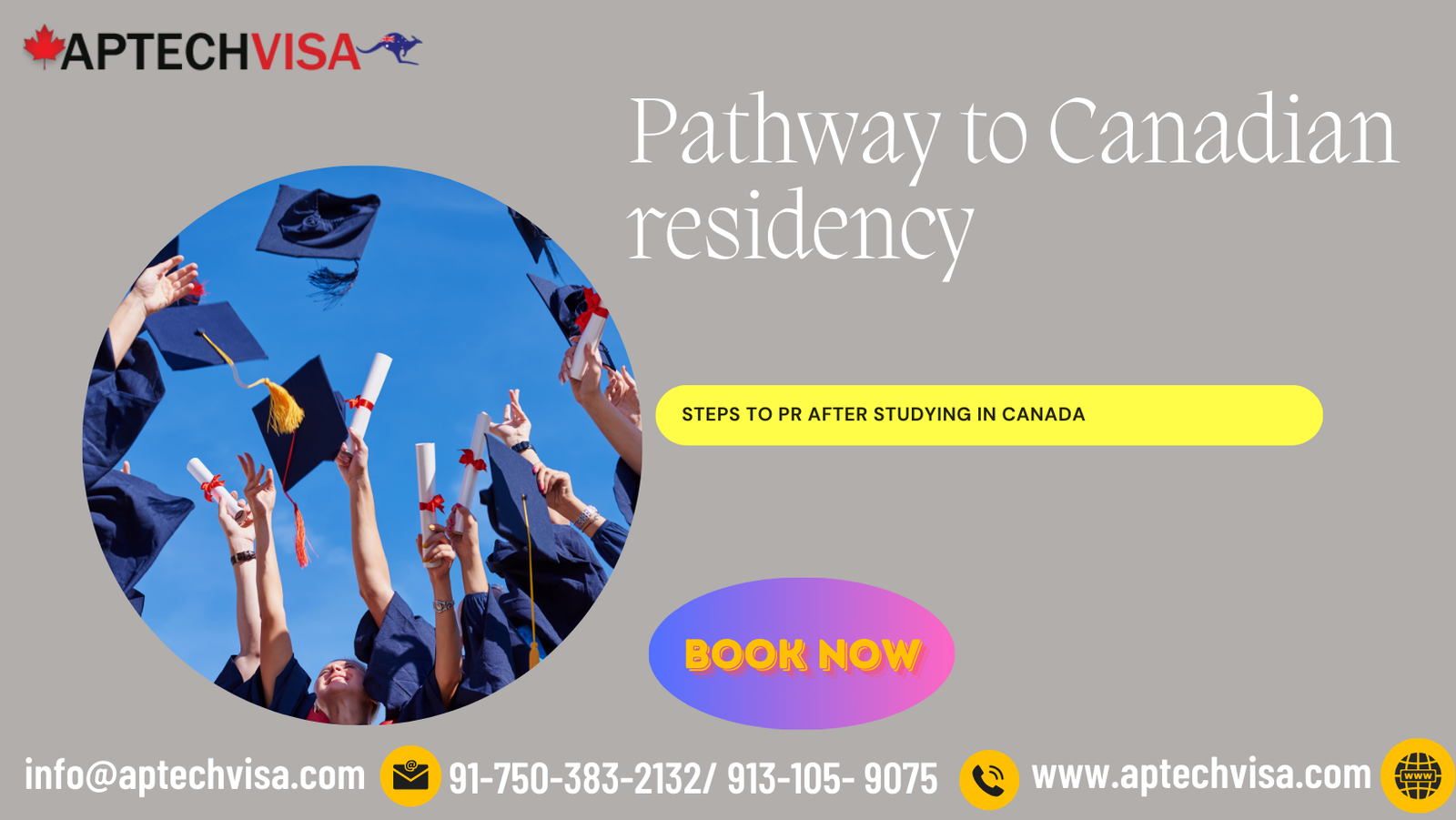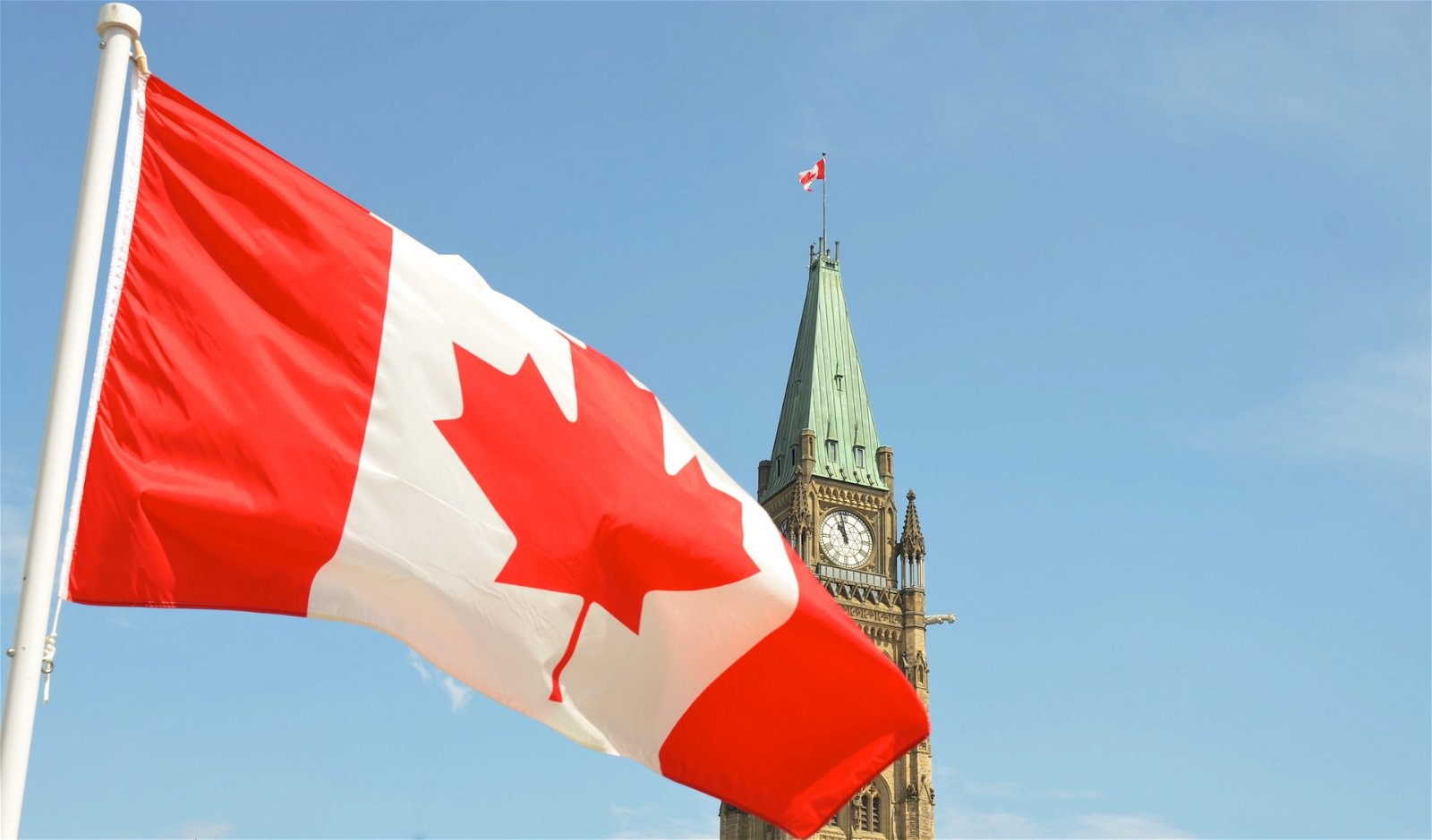
How to Get PR in Canada after study.
International students studying in Canada find various ways through which they can transition from a study permit to PR in Canada. The government encourages skilled graduates to stay and help boost the economy. In this regard, for students, permanent residence application is highly simplified once they have completed their studies. Overview: Some of the most popular routes include the following:
1. Canadian Experience Class
The Canadian Experience Class is part of the Express Entry Canada and presents one of the most common scenarios through which graduates wish to apply for PR in Canada after study. This class is targeted only for those students who already attained skilled work experience within Canada.
Eligibility:
- In the last three years, you must have worked in a skilled occupation in Canada for at least 12 months;
- You must be proficient in either of the two official languages of Canada: English or French.
- Work permit holders with a graduation certificate, particularly the PGWP, can use this work experience towards PR applications.
This CEC program is in high demand because Canadian education and work experience are given priority over other factors, increasing your chance of receiving an invitation for PR in Canada.
2. Provincial Nominee Programs (PNPs)
Every province and territory in Canada, except Quebec, has its own PNP through which they can independently choose nominees for PR in Canada based on their regional labor market needs. Some provinces have streams designed for graduates who are willing to settle in the province after their graduation.
Eligibility:
- Graduate from a known Canadian institution.
- Receive an employment offer from an employer in Canada -depending on the province
- Language and work experience requirements
Provinces like Ontario, British Columbia, and Nova Scotia are preferred to study by international students because they offer graduate-friendly PNP streams. A nomination obtained from a province can enhance the chances of PR after study in Canada.
3. Quebec Experience Program (PEQ)
The PEQ is a fast route to PR in Canada, given the fact that one has had the opportunity to study in Quebec. This program will be highly suitable for international students who can complete a post-secondary program with French ability in Quebec.
Eligibility:
- Completion of a degree or diploma in Quebec.
- Proficiency in French: speaking and listening.
PEQ is a simpler and quicker route to permanent residency in Canada for candidates with education and work experience in Quebec.
4. Post-Graduation Work Permit (PGWP)
While the PGWP itself does not lead to PR, it does lend useful Canadian work experience to several immigration programs, such as the Canadian Experience Class and PNPs. Depending on the length of your study program, you may be eligible to apply for a PGWP upon completion of your studies, which could allow you to remain for a maximum of three years, you can work full-time in Canada.
Eligibility:
- Graduated from a DLI in Canada with an academic, vocational, or professional degree.
- The program of study leading to the degree, diploma or certificate must have been of at least eight months duration.
These work experiences, obtained via a PGWP provide a better opportunity for being eligible for PR in Canada after studying through other immigration programs.
5. Atlantic Immigration Program (AIP)
For those who have studied in one of the Atlantic provinces, namely Nova Scotia, New Brunswick, Newfoundland and Labrador, and Prince Edward Island, there is another way toward PR in Canada, and that is through the Atlantic Immigration Program. The AIP is designed to retain skilled workers and graduates to supply labour market demands in the Atlantic region.
Eligibility:
- Graduate from a designated institution in one of the Atlantic Provinces.
- Receive a job offer from a designated employer.
This is a great pathway for students who want to settle in Atlantic Canada after studying.
6. Rural and Northern Immigration Pilot (RNIP)
The Rural and Northern Immigration Pilot (RNIP) is a program to encourage immigration to smaller Canadian communities. A few communities have streams specific for international graduates who have studied and would like to work in their community.
Eligibility:
- Study in a community that participates and obtain a job offer from an employer also located within the participating community
- Meet requirements related to language, education and experience.
This program is another route to PR after studying in Canada if you want to live in a rural area.
7. Federal Skilled Worker Program (FSWP)
Though not exactly for students, yet another way for those who have gathered enough experience in skilled work either in Canada or outside the country is the Federal Skilled Worker Program (FSWP). In addition, Express Entry includes this feature as well.
Eligibility:
- At least one year of continuous experience in a skilled occupation.
- Minimum language, education and settlement funds requirements must be met.
Even though students have to accumulate more work experience for this pathway, it is still an option for PR aspirants in Canada.
How to apply for Permanent Residence in Canada?
The pathways to PR after studying in Canada may be seen to form some sort of a maze. However, each of the programs has been innovatively designed in a way that will help the skilled graduates transition into permanent residents who can contribute to the economy of Canada.
However, with respect to applying for permanent residence in Canada, it would be better to consider your options based on qualifications, job prospects, and the region where you wish to settle. Programs like the Canadian Experience Class, Provincial Nominee Programs, and Post-Graduation Work Permits give students great opportunities to continue staying and building a future in Canada.
















